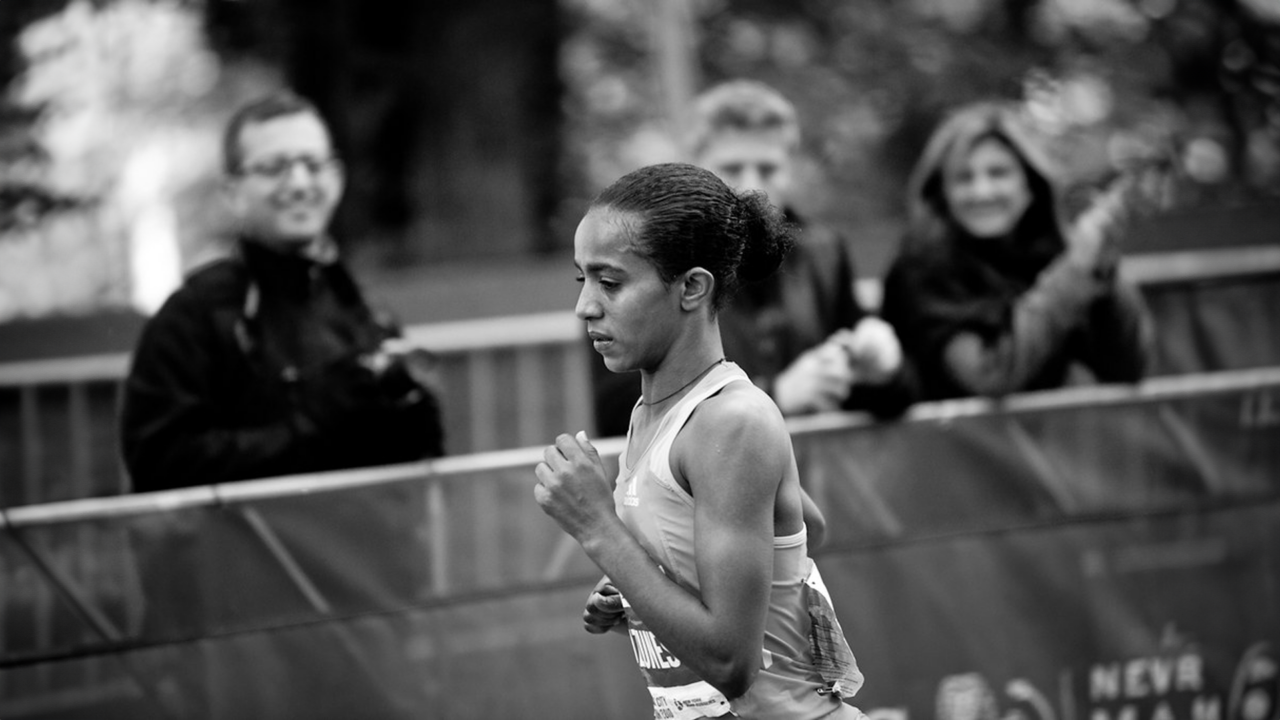The 2014 Boston Marathon winner has been waiting on her prize money for years. But it was a stranger, not race organisers, who finally gave her what she’d earned.
8 years ago, Ethiopian runner Buzunesh Deba got the call of a lifetime. She’d won the Boston Marathon – 2 years after running it in 2014. The original winner Rita Jeptoo had been disqualified for doping, making Deba the official front runner and recipient of a $100,000 prize.
But by 2024, she was still waiting on her reward. It was only this month that the funds finally appeared in her bank account. But it wasn’t race organisers who had finally pulled their weight. Instead, Deba had been donated $75,000 by a complete stranger.
This twist in her story exposes the best and worst of the running world: the incredible community spirit of runners and the glairing failings of race organisers.
When Jeptoo was first stripped of her title, the Boston Athletic Association (BAA) had already sent her the prize money.
This bureaucratic hiccup would become the longstanding excuse dished out to Deba when she asked for the reward that came with her new title. Apparently, the BAA never got the money back from Jeptoo, and therefore couldn’t pay Deba a penny.
‘She took my chance. I lose so many things,’ Deba told CBS news last month. ‘I thought everything is to change after I hear the news, but nothing [sic].’
The BAA’s failure to pay-up has had a huge impact on Deba’s life, who lives in the Bronx with her husband and two young children. It’s a life changing amount of money.
But her story caught the attention of the running community, who have been rallying behind Deba in growing numbers.
View this post on Instagram
One of those people was businessman and longtime Boston Marathon fan Doug Guyer. When he read about Deba’s unpaid prize money, he decided he would pay her himself.
Guyer donated $75,000 to Deba this month, and has told the WSJ that he’ll consider sending her the $25,000 – granted when a runner breaks the Boston course record – if the BAA doesn’t.
Other runners have shared Guyer’s frustration at the BAA’s handling of the situation, criticising their focus on Jeptoo’s failure to return the funds.
Guyer called the excuse ‘ridiculous’. ‘Just do the right thing, and then if you have to use lawyers to claw [the money] back [from Jeptoo], knock yourself out,’ he said. ‘Just don’t put the onus on the second-place finisher.’
The kindness of a stranger has transformed Deba’s life and ended years of anxiously waiting for a resolution.
‘For us, it’s a miracle,’ she said of Guyer’s donation. ‘It’s life-changing, big money. We were waiting so long.’
Deba plans to use the money to support her two children and to finance a return to elite running, as she is currently unsponsored.
But while her experience highlights the beauty of the running community – a space characterised by perseverance and solidarity – it also reveals serious shortcomings in the industry.
View this post on Instagram




















